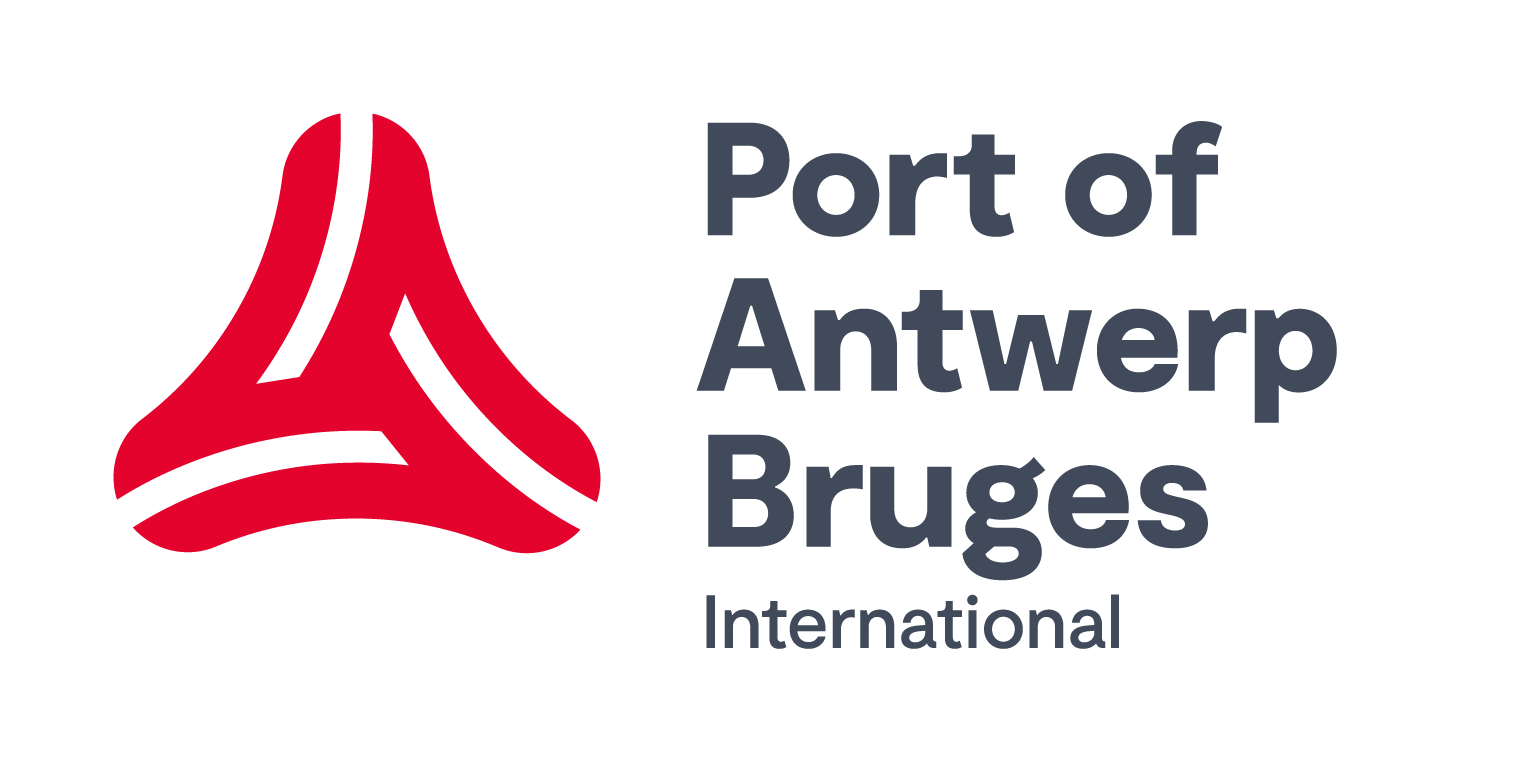Today, Wednesday 14 November, a collaboration agreement was signed in the port of Antwerp between on the one hand Antwerp Port Authority and its consultancy and investment subsidiary Port of Antwerp International (PAI) and on the other Enabel, the Belgian development agency. The aim of the agreement is to combine forces with a view to further sustainable development for ports in developing countries.
Crucial role for ports in development collaboration
Finding and supporting suitable growth centres in particular countries now plays an increasingly important role in the vision for Belgian development collaboration. Ports as essential links in the supply chain play a vital part here, acting as engines of economic development. Ports can be made more efficient by providing advice and training, and by making improvements to facilities. This in turn boosts the country’s supply chain, with a positive effect on national performance and competitiveness, as well as helping to create employment.
“I am very pleased to be able to sign this collaboration agreement,” declared Enabel CEO Jean Van Wetter. “Shipping transport is an important factor in international development. The port of Antwerp and Belgian development aid both concentrate a large part of their efforts on Africa. The annual volume of freight carried between West Africa and the port of Antwerp amounts to 15 million tonnes. 13 out of Enabel’s 14 partner countries are located in Africa, and many of these have coasts with major ports. Making their port management more efficient, both on the import and on the export side, is therefore crucial for future-oriented, sustainable development.”
Closer collaboration
The agreement was signed in Port House by Jacques Vandermeiren, CEO of Antwerp Port Authority, Kristof Waterschoot, Managing Director of PAI, and Jean Van Wetter, CEO of Enabel. The aim of the agreement is to combine the forces of all three organisations so as to permit closer collaboration with a view to sustainable development of ports in developing countries.
Earlier this year the World Ports Sustainability Programme (WPSP) Charter was signed, based on the 17 Sustainable Development Goals (SDGs) defined by the United Nations.
Jacques Vandermeiren, CEO of Antwerp Port Authority, explained: “As engines of economic growth and development all over the world, ports are an important lever for achieving these SDGs. The port of Antwerp for its part is a major hub in the global supply chain and a leader in creating added value, and as such it aims to play a pioneering role here. The entire port community has therefore made a commitment to sustainable growth and development. The signature of this collaboration agreement will enable us to put these SDGs into practice.”
Importance of Africa
The port of Antwerp has the highest number of direct services to West Africa, out of all the ports in North-West Europe.
“Africa is a very important region for us,” declared Kristof Waterschoot, Managing Director of PAI. “Not only because of our market leader position but also because of the collaboration that we already have with various African ports. One good example of this is our collaboration with Benin aimed at modernising the port of Cotonou. In this case we have assumed temporary responsibility for the entire management of the port. This closer collaboration with Enabel will make it possible for us to provide further support for existing projects and to set up new agreements for potential collaboration arrangements. In this way we can transfer our expertise to ports in developing countries, ultimately enabling them to further develop themselves in a sustainable way.”
